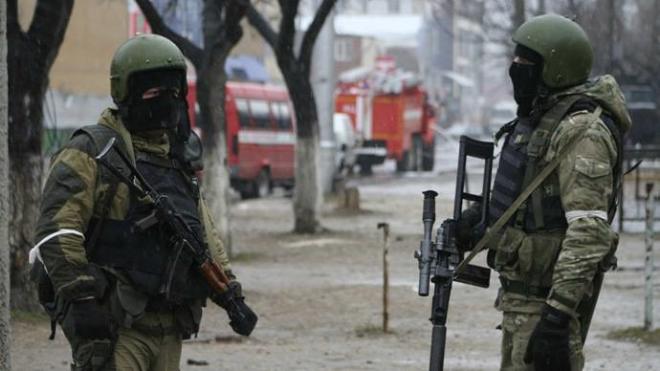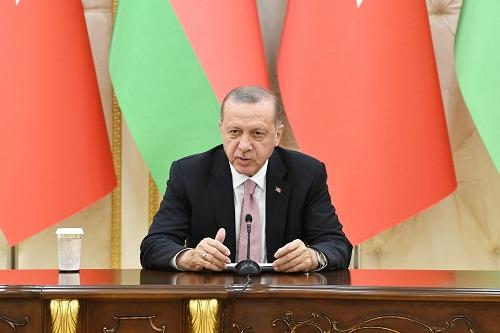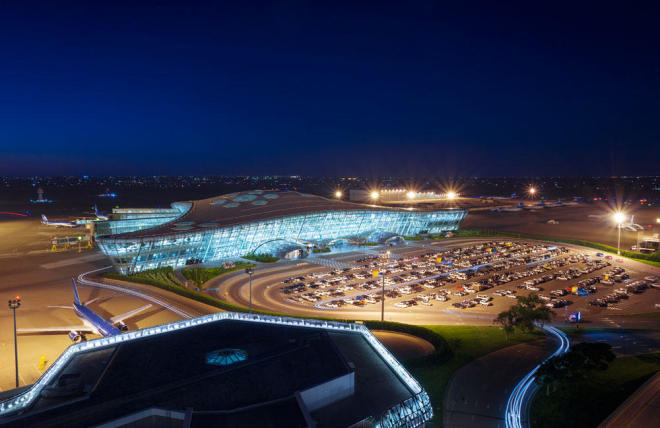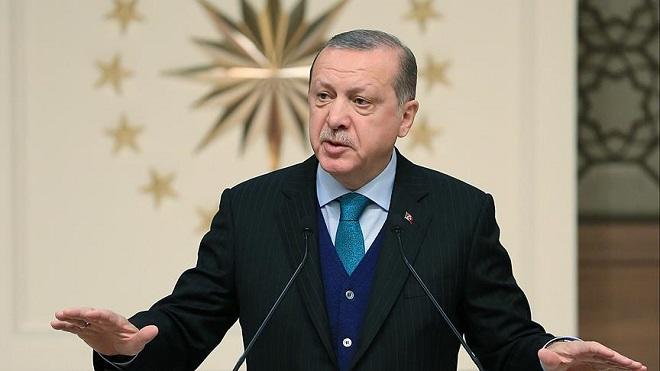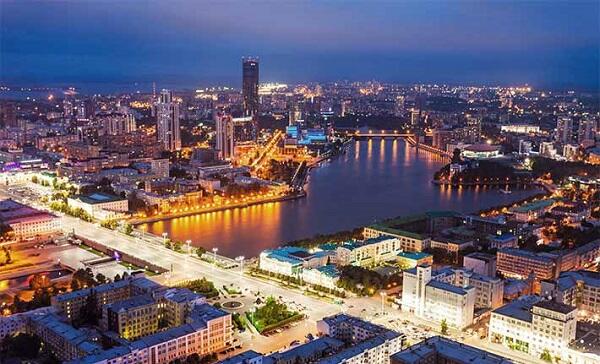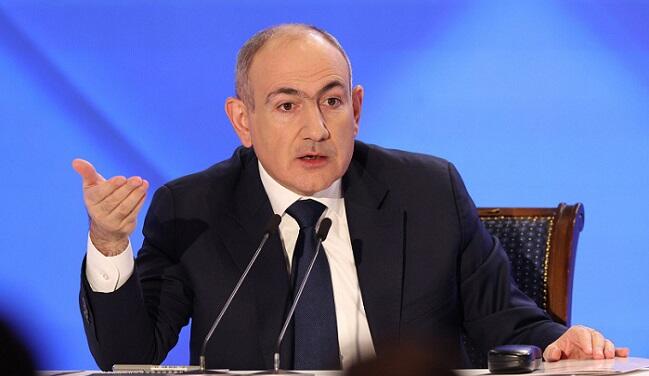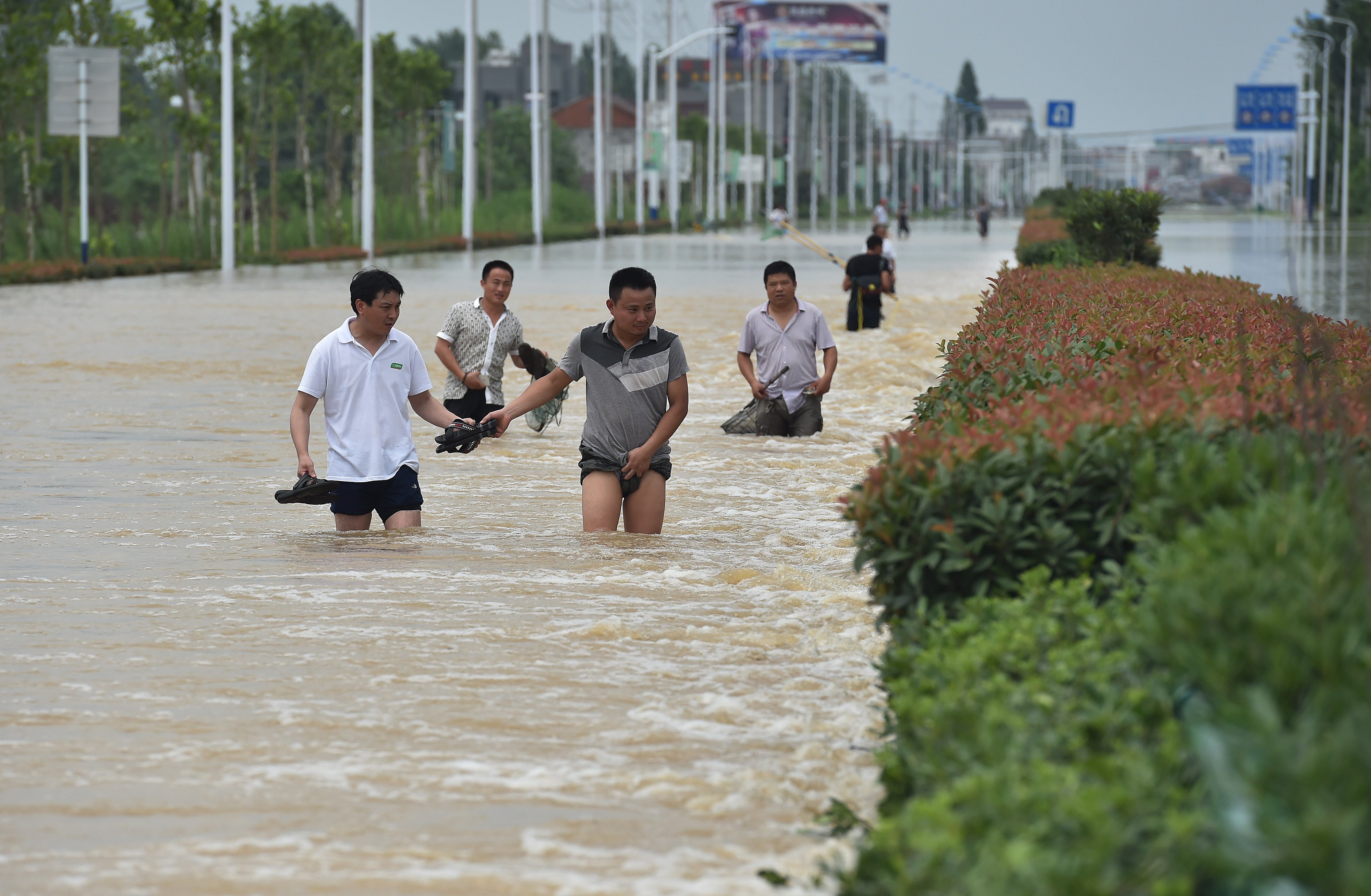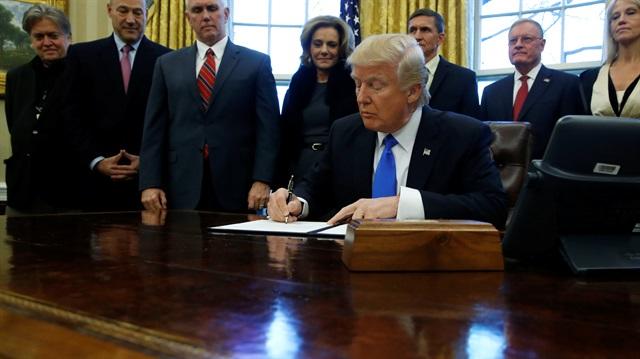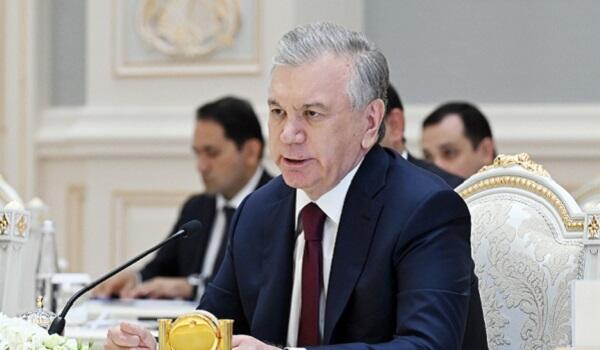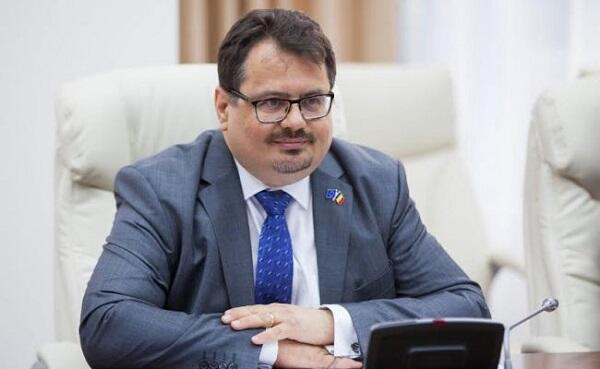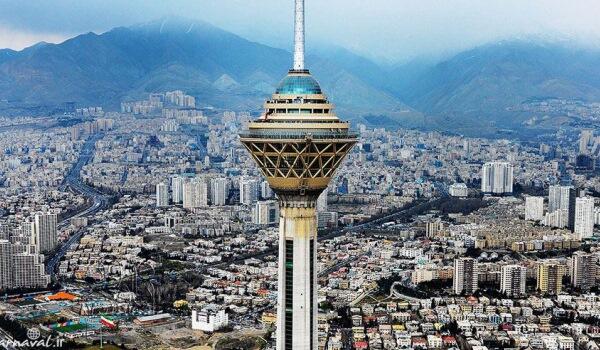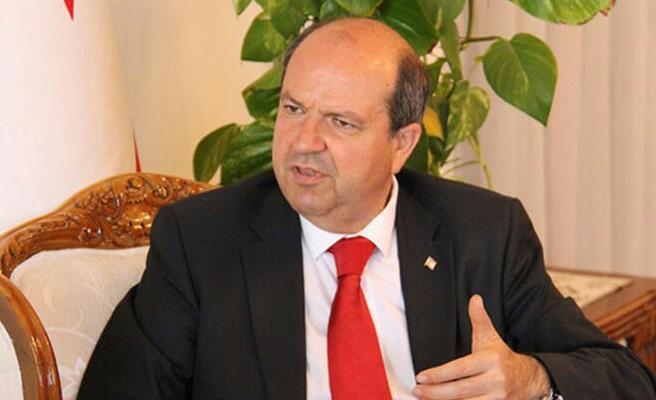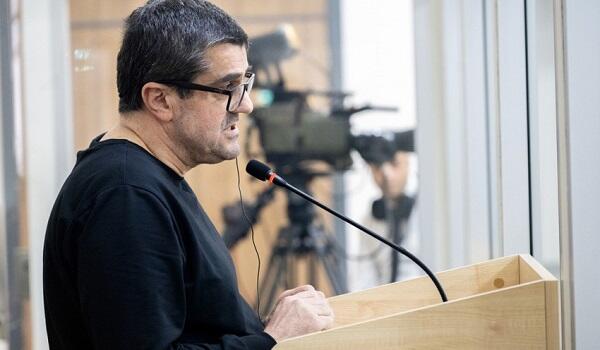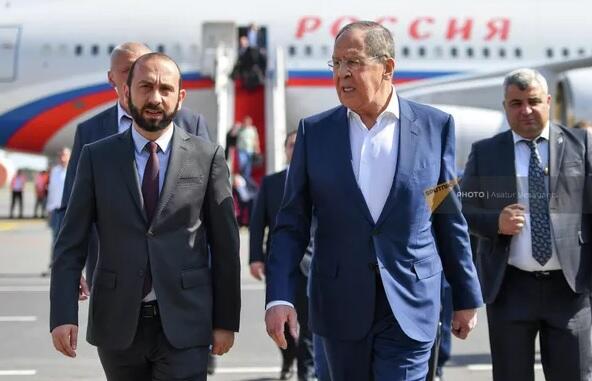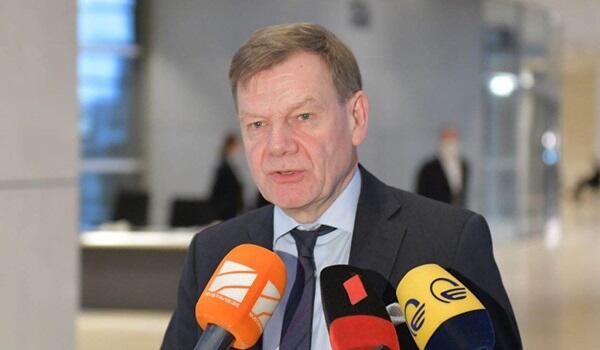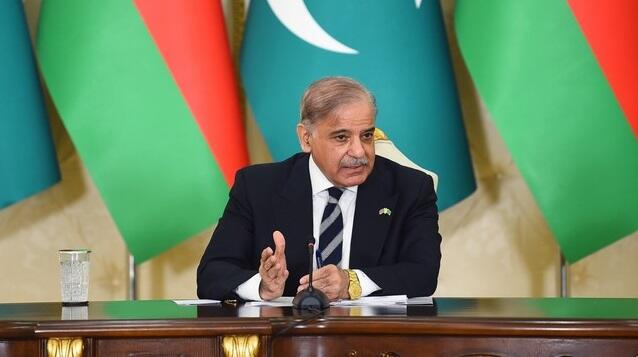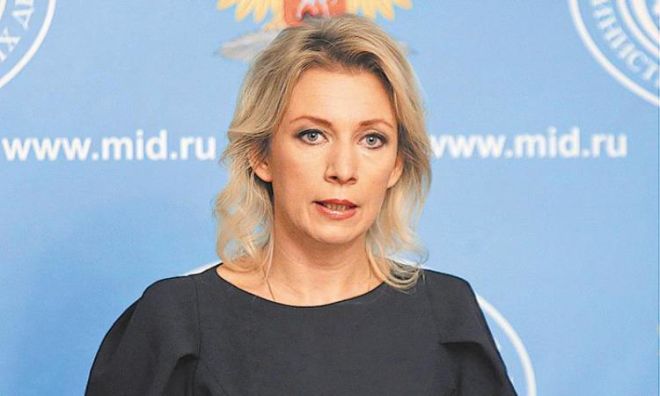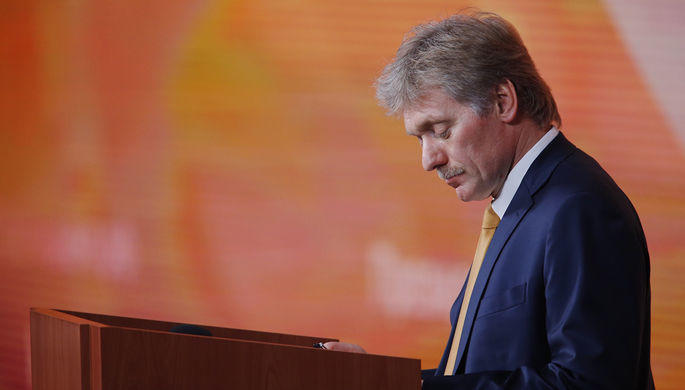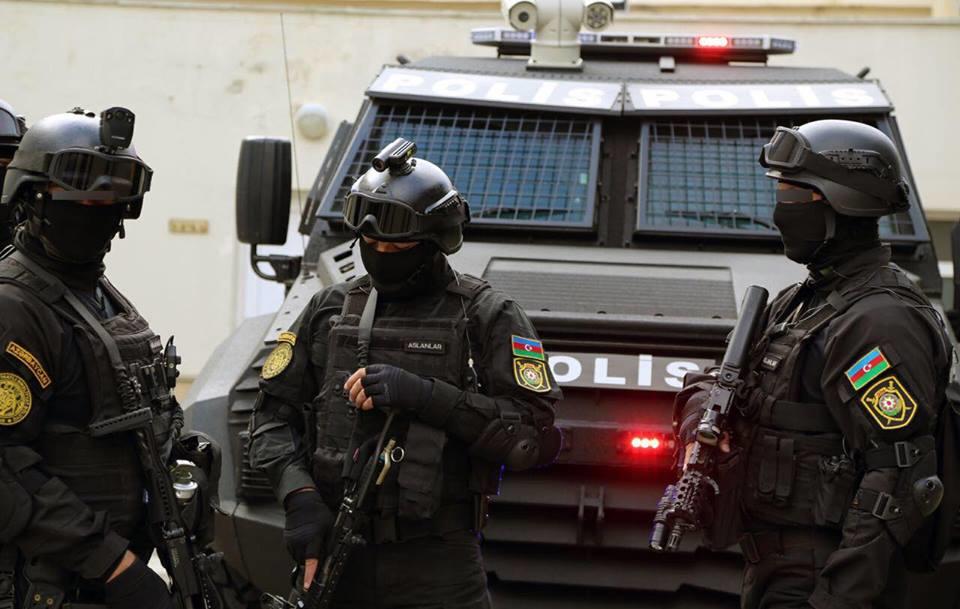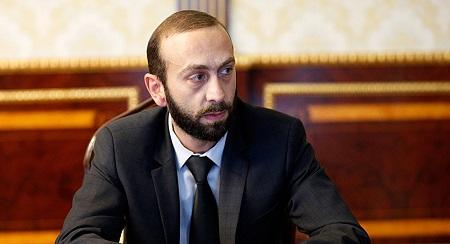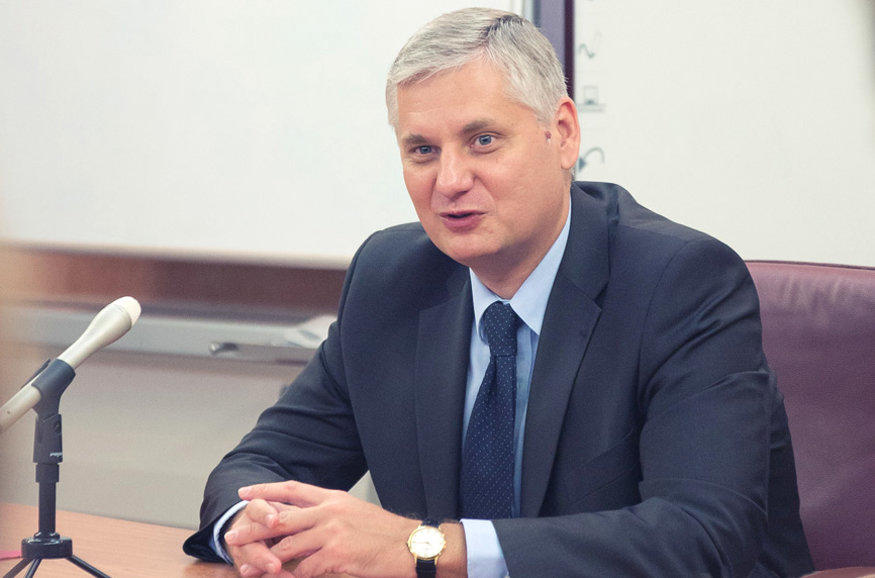A spirit haunts the Caucasus—the dream of a peace treaty. But if we consider September 2023 as the starting point for the Third Nagorno-Karabakh War, it has been wandering aimlessly for several months.
Axar.az informs that this was stated by Sergey Markedonov, a pro-Russian Armenian political analyst, on his social media account.
"There was no shortage of predictions that a treaty between Armenia and Azerbaijan would be signed before the New Year 2024. But now it's August, and no progress towards reconciliation between the two Caucasian states is visible. However, in recent days, talks about the approach of happy hours have been reactivated. Azerbaijani and Armenian representatives have confirmed their readiness to remove the issue of opening transport communications from the text of the peace treaty. This was first announced by Azerbaijan's special envoy Elchin Amirbayov and later reiterated by the press secretary of the Armenian Foreign Ministry, Ani Badalyan. So, are we expecting progress?
To answer this question, we must first clearly distinguish between the concepts of peace and the signing of a peace document, such as the absence of war and the transition to a new agenda in bilateral relations. There are many examples in the history of conflicts where the signing of agreements, roadmaps, and other bilateral and multilateral documents did not lead to the end of the confrontation. Conflict resolution generally does not develop along a straight line.
It seems that Baku is very interested in accelerating the signing of the peace treaty. Parliamentary elections are scheduled for September. Like presidential election campaigns, they will take place ahead of schedule. They will also try to legitimize the new post-Karabakh realities. At first glance, the Karabakh issue seems far from the climate agenda. As you know, Azerbaijan will host the prestigious annual climate summit (COP29) in November. But upon closer examination, we see that Baku is trying to close the Karabakh gestalt and demonstrate new priorities and plans. This desire to sign the treaty before the significant events of the fall of 2024 stems from this.
It is also important for the Armenian authorities not to delay. The Armenian government, which has an advantage over the opposition forces, is trying to 'solve the problem here and now.' Otherwise, if this advantage fades, it will become difficult—both domestically and internationally.
The issue of transport and communication, despite its importance, is not the only obstacle to the peace treaty. The demarcation and delimitation of the border remain unresolved. Without determining interstate borders, it is generally unclear where each country begins and ends. But that's not all. During a recent visit to the USA, Elchin Amirbayov reiterated an important point for official Baku: Amendments must be made to the Armenian Constitution to exclude the idea of the union of the former Armenian SSR and the former NKR. Azerbaijan is trying to 'hedge' the risks through this route. But even if the Armenian authorities take this route, constitutional reforms are not an easy process. Even the weakness of the Armenian opposition and the lack of unity within it does not guarantee a quick result," the expert noted.
